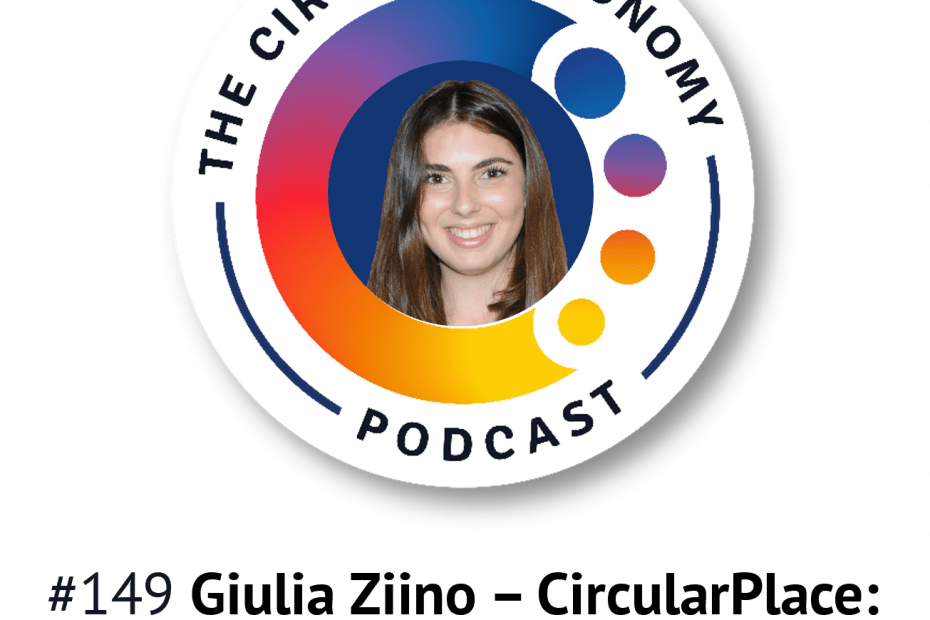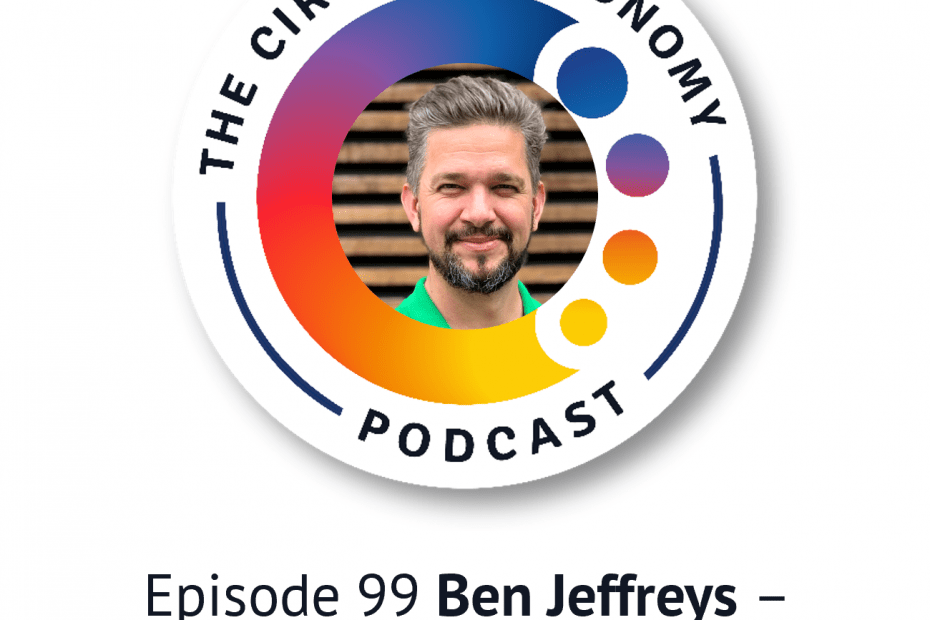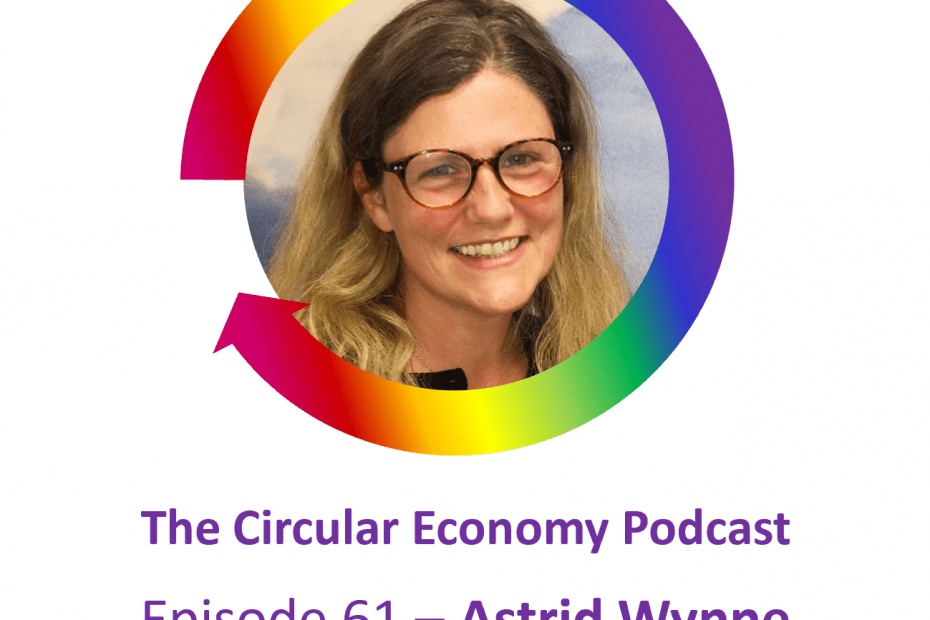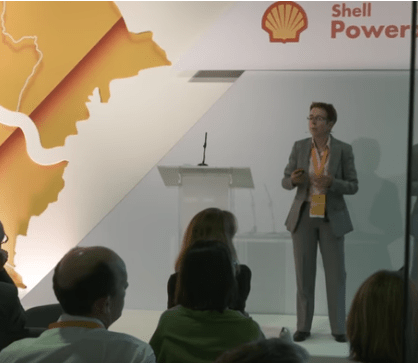149 Giulia Ziino of CircularPlace: generate value from underused assets
Giulia Ziino is a co-founder of CircularPlace, a digital platform that helps organizations generate value by reusing and repurposing underutilized products and equipment.
These services are needed more than ever, by a wide range of organizations. The pandemic, working from home and now hybrid working upturned the entire concept of workspaces, and organizations need to resize, relocate or restructure on a regular basis. That usually means changing office layouts.
Manufacturing businesses may need to update or replace machinery and equipment to reflect changing specifications or what’s selling well in their product mix. And hotels and hospitality venues need to keep their furniture and equipment looking fresh and attractive – and some rooms or areas might look tired, with others hardly used.
All of this means that furniture, equipment and other items become available, and often these might be in as-new condition, or just lightly used. Even if they are more worn, they may be suitable for refurbishment, repair or remanufacturing. The CircularPlace platform is available as a white-label solution, and facilitates the sale or donation of equipment, furniture and other unwanted items, either within the company or to external buyers. This provides tax benefits as well as reducing GHG emissions and waste. CircularPlace was founded in 2021, and clients now include Microsoft France, Sodexo, Schneider and Fedex.
Giulia Ziino joined CircularPlace as a late-stage co-founder, bringing international experience and initially taking on the role of Chief of Staff, where she focused on expanding and stabilizing the brand. Now, as Chief Marketing Officer, Giulia is building a robust presence for CircularPlace in the B2B circular economy space and driving impactful storytelling around sustainability.
We’ll hear how CircularPlace helps clients with asset and inventory management, with logistics, and provides an impact calculator to measure carbon savings. We hear what’s encouraging companies to look at these solutions, and how the platform links clients with specialist resellers, improving the value recovered as well boosting the existing reuse markets.




